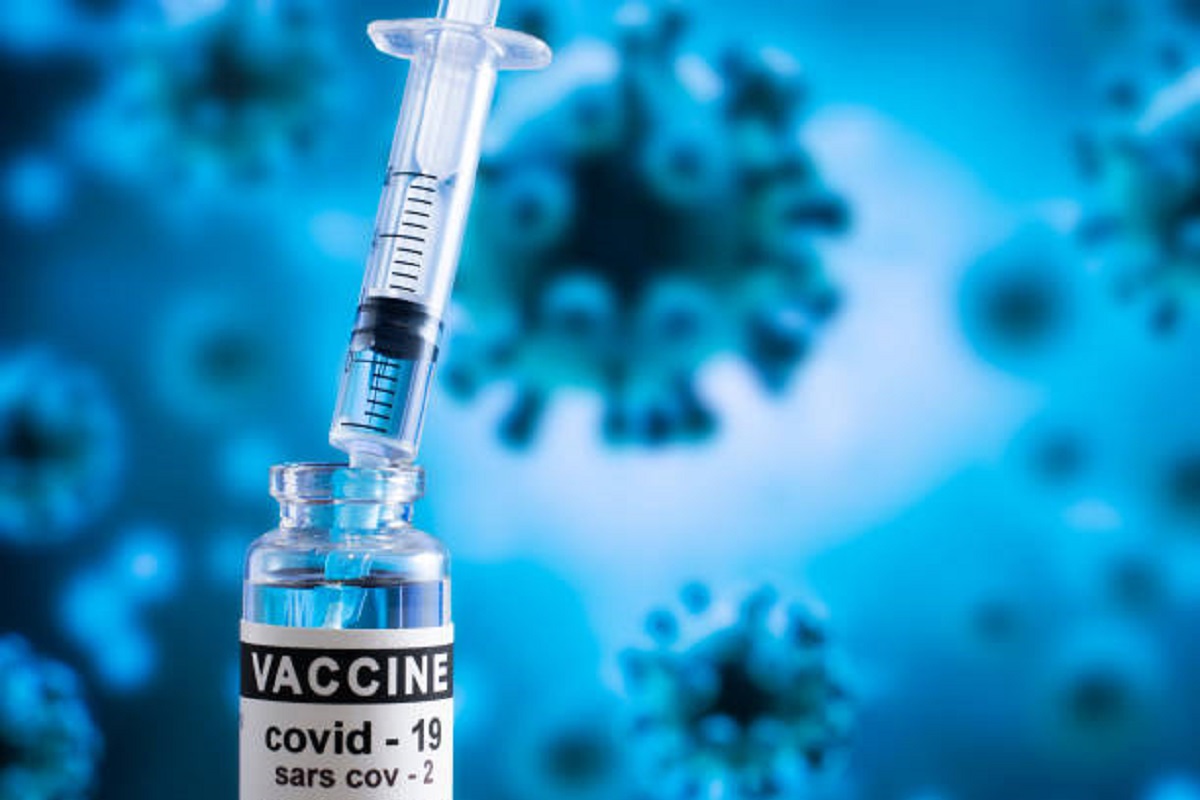Haryana: Kar Bhawan in Rewari, Suvidha Kendras in all GST offices
Haryana preferred place for doing business, setting up industry, says Chief Minister Nayab Singh Saini.
The CDSCO gave its approval to the vaccine for restricted use in emergency situations in the age group of 18 and above.

(Representational Image: iStock)
The world’s first intra-nasal vaccine for COVID developed by India has got approval from the Central Drugs Standard Control Organisation (CDSCO) for restricted use in emergency situations in the age group of 18 and above.
This was stated here on Thursday by Union Minister for Science & Technology Jitendra Singh while chairing the meeting of the Societies of Autonomous Institutions of the Department of Biotechnology. He also announced a historic decision to merge the 14 societies of Biotechnology Institutes into a single society in the interest of convenient functioning, cost-effectiveness and integrated working.
Advertisement
The minister lauded the role of the Department of Biotechnology (DBT) and its PSU, Biotechnology Industry Research Assistance (BIRAC) for supporting the development of the world’s first Intranasal vaccine for COVID by Bharat Biotech International Limited (BBIL).
Advertisement
Jitendra Singh informed that the Product development and Clinical trials were funded by the Department of Biotechnology and BIRAC under the Mission COVID Suraksha Programme. This vaccine received approval under restricted Use in emergency situations for ages 18 and above for primary 2 dose schedule, homologous booster doses.
The minister said India’s efforts through Mission COVID Suraksha have not only strengthened AtmaNirbhar Bharat but also bolstered India’s status as a worldwide vaccine development and manufacturing centre showcasing the strength of Science and Technology.
The vaccine has the double benefit of enabling faster development of variant-specific vaccines and easy nasal delivery that enables mass immunization to protect from emerging variants of concern. It promises to become an important tool in mass vaccinations during pandemics and endemics.
Advertisement